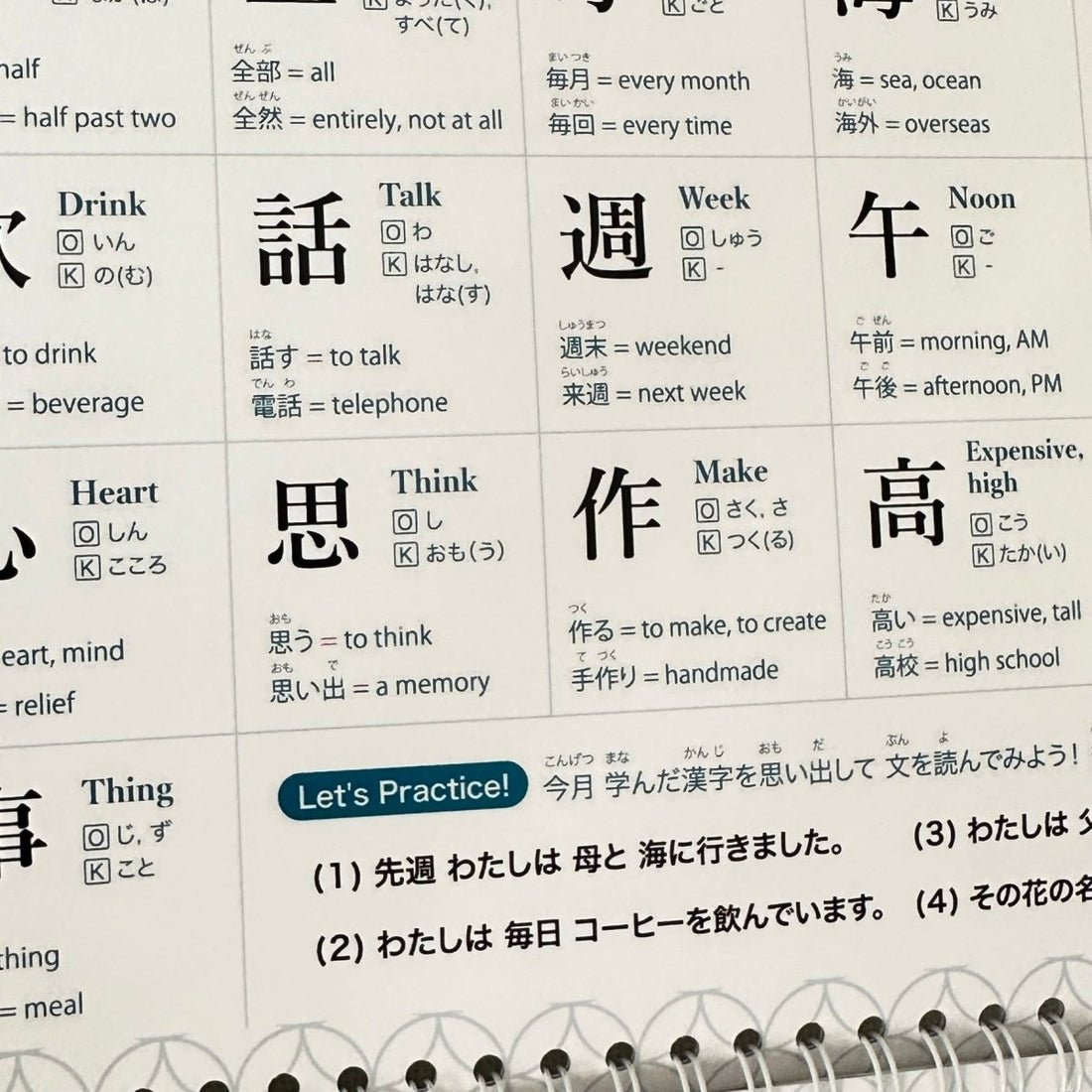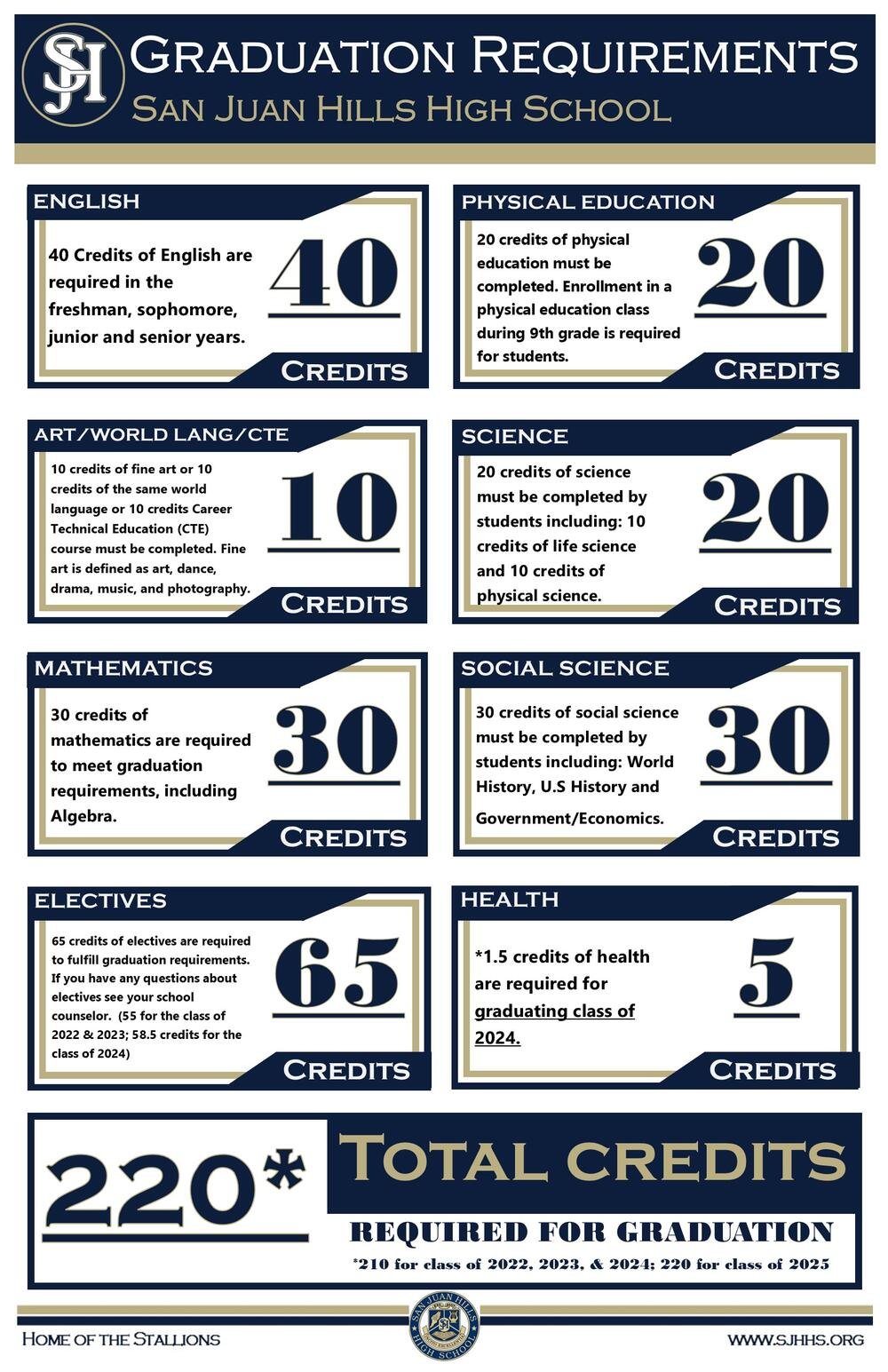Learning kanji can be a daunting task for many language enthusiasts. How long does it take to learn kanji? The answer varies depending on the individual’s dedication and study routine. With consistent practice and a structured approach, mastering kanji can take anywhere from several months to a few years. Understanding the time commitment required is crucial for setting realistic goals and staying motivated on the journey to kanji proficiency. Let’s delve into the strategies and tips that can help you navigate this fascinating aspect of the Japanese writing system.
How Long Does It Take to Learn Kanji
Learning Kanji, the characters used in the Japanese writing system, is a fascinating journey that many people embark on for various reasons. Whether you’re interested in Japanese culture, planning to travel to Japan, or aiming to enhance your language skills, the question of how long it takes to learn Kanji is a common one. In this article, we will explore the intricacies of learning Kanji, break down the factors affecting the learning process, and provide practical tips to help you on your Kanji-learning journey.
The Complexity of Kanji
Kanji can be a challenging aspect of learning the Japanese language due to its complexity. Unlike the phonetic nature of Hiragana and Katakana, Kanji characters represent meanings or ideas, making them more intricate to master. Each Kanji character has its own unique pronunciation, meaning, and stroke order, adding layers of complexity to the learning process.
Factors Affecting the Learning Curve
Several factors can influence how long it takes to learn Kanji. These factors include:
1. Prior Language Knowledge
If you already have experience with other languages that use logographic writing systems or have a strong grasp of languages in general, you may find it easier to pick up Kanji.
2. Study Methods
The study methods you choose can significantly impact your learning speed. Utilizing mnemonics, spaced repetition systems, flashcards, and consistent practice can expedite the learning process.
3. Time Commitment
Consistency is key when learning Kanji. The more time you dedicate to studying and practicing Kanji each day, the faster you are likely to progress.
4. Personal Learning Style
Everyone has a unique learning style. Some people may excel at visual learning, while others may prefer auditory or kinesthetic learning methods. Understanding your preferred learning style can help you tailor your study approach for optimal results.
Estimating the Time Needed
While the time it takes to learn Kanji varies from person to person, here is a general breakdown of the different stages of Kanji learning:
1. Beginner Level (0-500 Kanji)
At the beginner level, learners typically focus on mastering basic Kanji characters used in everyday contexts. This stage can take anywhere from a few months to a year, depending on your dedication and study routine.
2. Intermediate Level (500-1000 Kanji)
As you progress to the intermediate level, you delve into more complex Kanji characters that are common in written texts. This stage may take another year or so to master, building on the foundation of the beginner level.
3. Advanced Level (1000+ Kanji)
Reaching the advanced level of Kanji proficiency involves learning a wide range of characters and their various readings and meanings. This stage can take several years of consistent practice to achieve fluency in reading and writing Kanji.
Practical Tips for Learning Kanji
To enhance your Kanji learning experience and expedite your progress, consider incorporating the following tips into your study routine:
1. Set Clear Goals
Establish specific, achievable goals for your Kanji learning journey, such as mastering a certain number of characters per week or being able to read Kanji in context.
2. Practice Regularly
Consistent practice is essential for retaining Kanji characters. Set aside dedicated study sessions each day to reinforce your learning.
3. Use Mnemonics
Create mnemonic devices or memory aids to help you remember Kanji characters more effectively. Associating visual or auditory cues with the characters can make memorization easier.
4. Engage with Native Material
Expose yourself to authentic Japanese material, such as books, manga, or websites, to see Kanji characters in real-world contexts. This can help reinforce your understanding and improve your reading skills.
In conclusion, the time it takes to learn Kanji is a personalized journey that depends on various factors such as prior language knowledge, study methods, time commitment, and personal learning style. By understanding the intricacies of Kanji characters, setting clear goals, and employing effective study techniques, you can enhance your Kanji learning experience and progress at a pace that works best for you. Remember, consistency and dedication are key to mastering the art of Kanji. So, embrace the challenge, stay motivated, and enjoy the rewarding process of learning Kanji!
Can I Learn 100 Kanji In A Day??
Frequently Asked Questions
How long does it typically take to learn Kanji?
Learning Kanji can vary depending on factors such as your dedication, study habits, and the number of characters you aim to master. On average, it can take around one to two years to gain a solid understanding of basic Kanji characters, but becoming proficient with a larger set may take several years of consistent practice.
What factors can influence the time it takes to learn Kanji?
The time it takes to learn Kanji can be influenced by factors such as the complexity of the characters, your ability to memorize visually, the amount of time you dedicate to practice each day, and the resources you use for learning. Consistent practice and exposure to Kanji in various contexts can expedite the learning process.
Is there a way to speed up the process of learning Kanji?
To expedite the learning of Kanji, it is recommended to create a structured study plan, break down the characters into manageable groups, practice writing them regularly, and incorporate Kanji into your daily activities. Additionally, using mnemonic techniques, flashcards, and practice quizzes can help reinforce your memory and speed up the learning process.
Final Thoughts
Learning Kanji requires dedication and consistent practice. The time it takes to master Kanji varies depending on your learning style and effort. On average, it may take several months to a few years to become proficient in Kanji. Remember, regular practice and immersion in the language are key to speeding up the learning process.
In conclusion, the time frame for learning Kanji is influenced by various factors. Stay committed to your studies and practice regularly to see progress. So, how long does it take to learn Kanji? The answer ultimately lies in your own efforts and determination.




